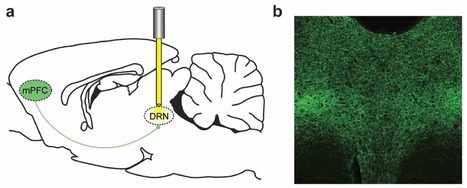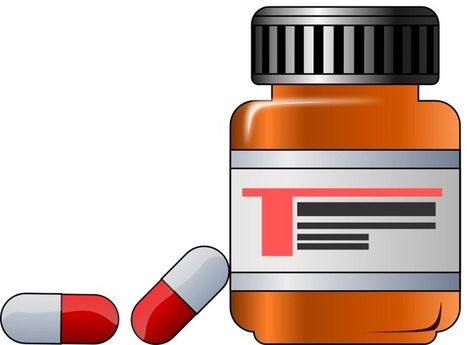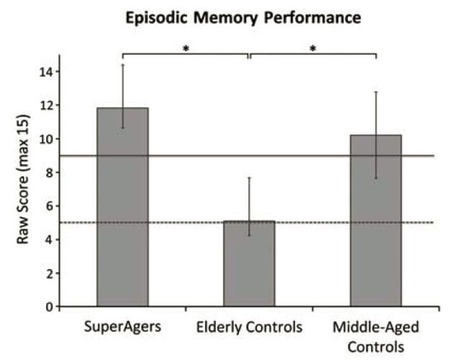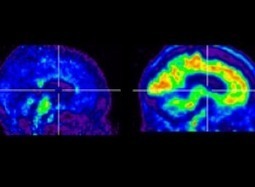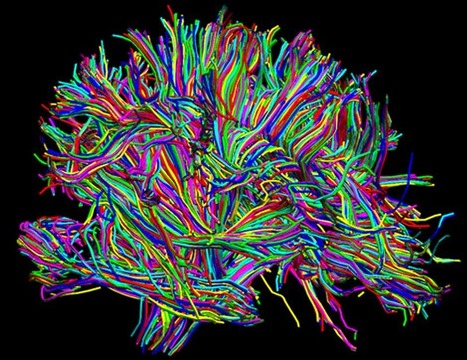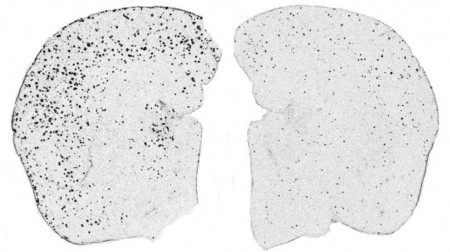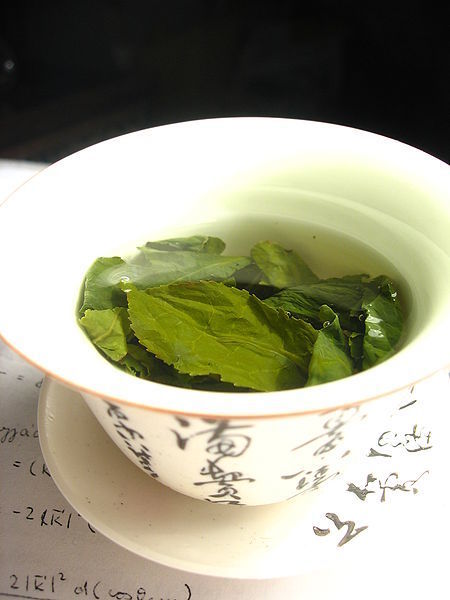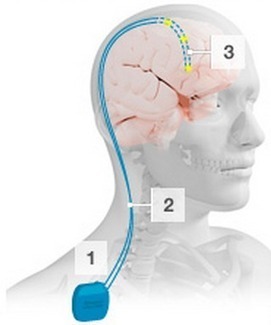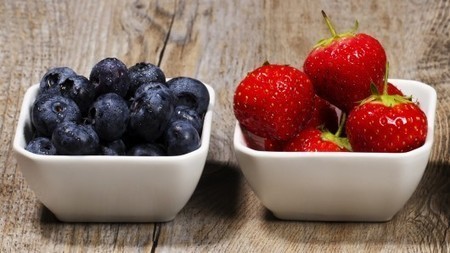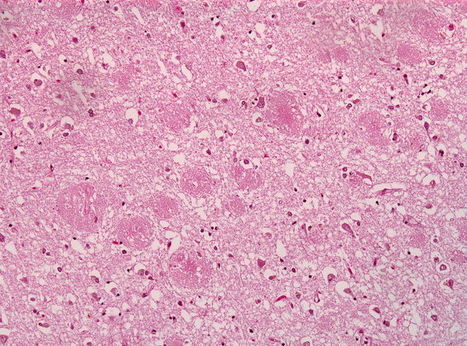Researchers have reported the discovery of a crucial part of the biological clock in the brain: wiring that sets its accuracy to within a few minutes out of the 1440 minutes per day. This wiring uses the GABA (γ-amino-butyric acid) neurotransmitter to connect the individual cells of the biological clock in a fast network that changes strength with time of day.



 Your new post is loading...
Your new post is loading...




